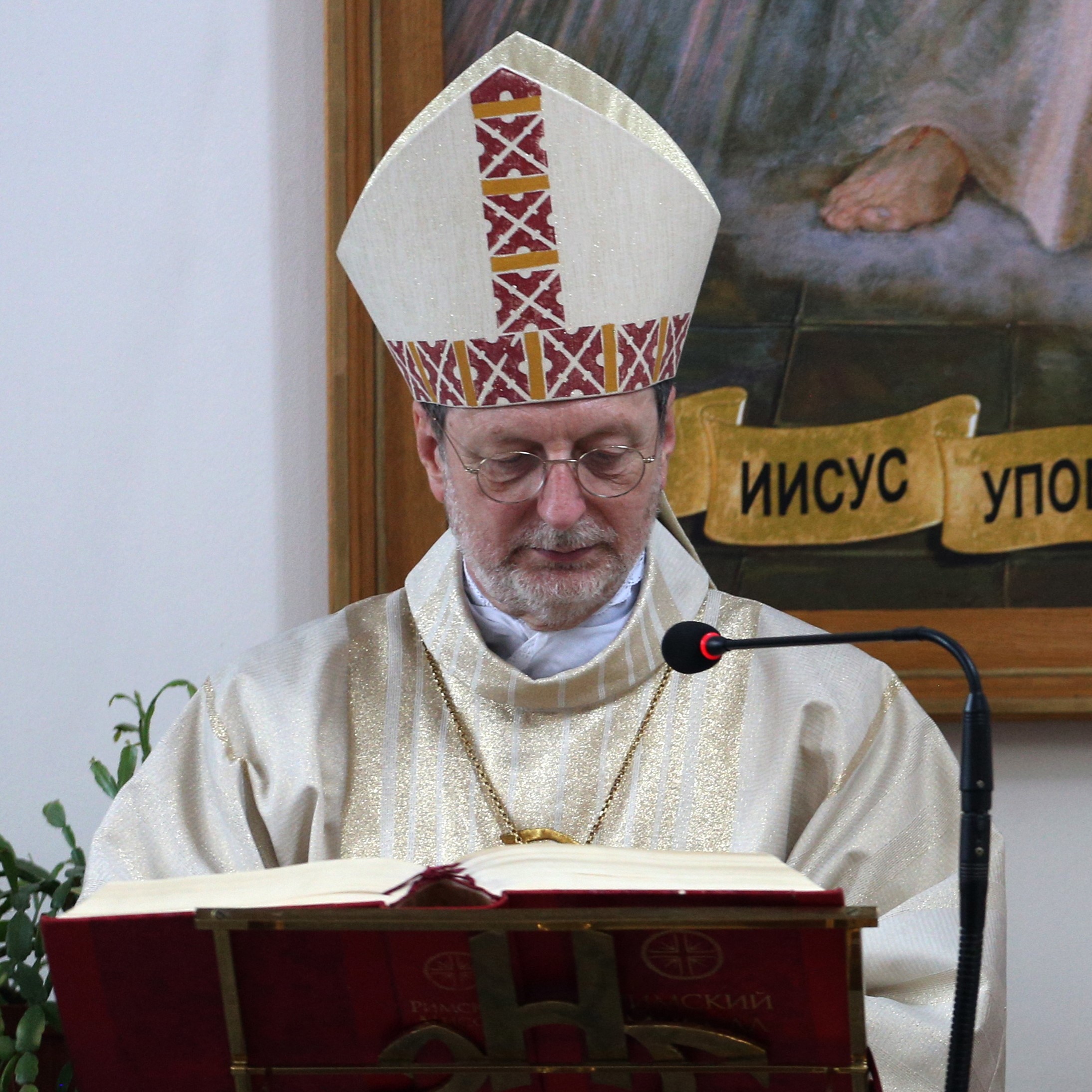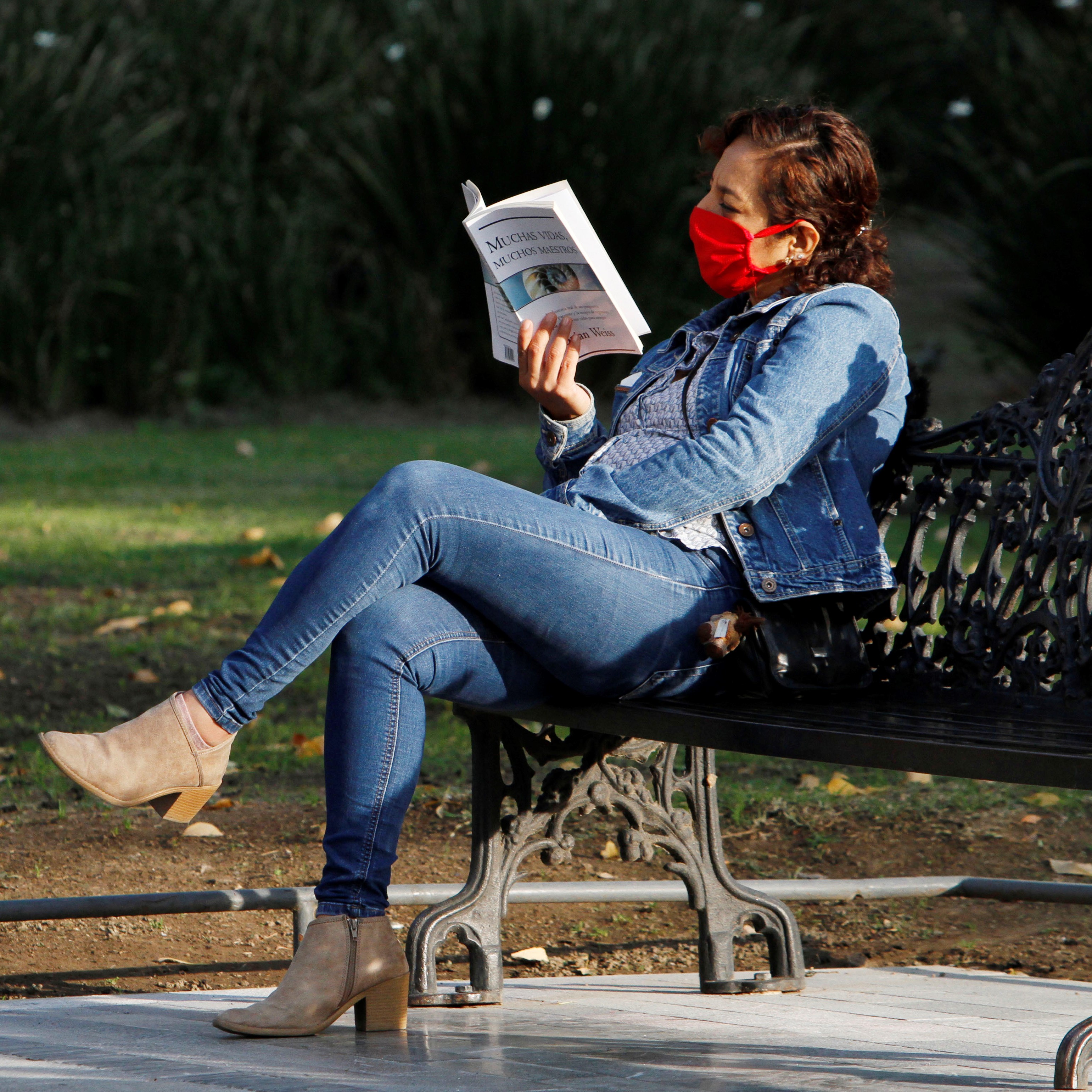Summer is one of my favourite seasons of the year. It affords ample time for recreation and relaxation. One of the things I love about the summer is the opportunity to sit outside or inside for that matter, curled up in a comfortable couch and lose myself in the pages of a good book. What I most like to read during this time of year is fiction. This summer, however, has been far from usual in our country. The coronavirus pandemic and the enforced lockdown of much of society in its wake, have led to increased levels of anxiety. The brutal murder of George Floyd under the knee of the Minneapolis police officer, Derek Chauvin, has given rise to protests and demonstrations in almost every city in our country.
These protests, which have been largely peaceful, although there have been a few incidents of violence, something which is to be deplored, have led to an increased focus on the state of racial relations in America. They have also resulted in conversations about racism and police brutality. Writing in The Atlantic, Adam Serwer observed: “Although there is a long tradition of black protest against police misconduct, the strength of the outcry, the diversity of the protesters, and the sheer volume of demonstrations have illustrated a profound shift in public opinion about the existence of racial discrimination in policing, and what may be necessary to address the problem.” With these protests and demonstrations, America seem to have arrived at a national reckoning about racism.
The conversations that have been had have laid bare the bigotry and prejudice that still lurk in the depths of our national consciousness and the great need for continued advocacy for racial justice, reconciliation and healing. As the Statement of the U.S. Bishop Chairmen released in the wake of Mr. Floyd’s killing declared: “Racism is not a thing of the past or simply a throwaway political issue to be bandied about when convenient. It is a real and present danger that must be met head on. As members of the Church, we must stand for the more difficult right and just actions instead of the easy wrongs of indifference.”
In the wake of the pain and outcry of these past couple of months, these questions loom large: What are those difficult right and just actions that we can undertake individually and collectively to bring about racial justice? How can we confront and eradicate prejudice and discrimination in our hearts and minds? In what ways can we better promote healing and reconciliation? Where do we go from here? Although there are no easy answers to these important questions, we can all agree that a denial of the problem does not help.
Hatred and bigotry are fed and nurtured by ignorance, indifference and fear. Echoing this sentiment, the Archbishop of Washington DC, Wilton Gregory, recently affirmed: “Ignorance of the other is the soil in which hatred and bigotry grow. If we do not know each other, share our fears and share our hopes, we make it possible for hatred to grow.” Put simply, increasing our knowledge of the other will lead to more empathy, compassion and respect. A great way to grow in knowledge of the other, I found, is to seek out and read books by authors who do not inhabit my social and cultural world; writers who are different from me. Works of fiction are particularly helpful in illuminating the emotional and moral landscape of the inner world of a particular people. It introduces one to the existence of a world and a culture different from one’s own, much like travel does. In this way, it can lead to a new and deepened appreciation of our common humanity.
As African American poet and Pulitzer prize-winning author Maya Angelou once remarked, “Perhaps travel cannot prevent bigotry, but by demonstrating that all people cry, laugh, eat, worry and die, it can introduce the idea that if we try to understand each other, we may even become friends.” In that spirit of seeking better understanding and gaining deeper appreciation of the other, here are my top 12 books written by authors of color, which I would recommend to anyone looking for something riveting, mesmerizing, magnificent and eye-opening to read this summer. They are listed in no particular order of preference.
- Americanah by Chimamanda Ngozi Adichie
- The God of Small Things by Arundhati Roy
- Beloved by Toni Morrison
- Purple Hibiscus by Chimamanda Ngozi Adichie
- American Spy by Lauren Wilkinson
- The White Tiger by Aravind Adiga
- Go Tell It On The Mountain by James Baldwin
- The Water Dancer by Ta-Nehisi Coates
- Stay with me by Ayobami Adebayo.
- Their Eyes Were Watching God by Zora Neale Hurston
- The Education of a British–Protected Child by Chinua Achebe*
- The Warmth of Other Suns by Isabel Wilkerson*
The last two books are not novels strictly speaking. The Education of a British- Protected Child is a collection of autobiographical essays by the acclaimed Nigerian Novelist, Chinua Achebe, which is deeply insightful, brilliantly humorous and utterly gripping. Isabel Wilkerson’s book is the epic tale of America’s great migration of the early to late 20th century, told through the lens of the biographies of three African American migrants who escaped from the Jim Crow South in search of greener pastures in the North and the West of the United States. It is an extraordinarily fascinating and engrossing read. In every page, it lives up to Nobel laureate Toni Morrison’s description of it as “profound, necessary and an absolute delight to read.”
Fr Alvan I. Amadi serves as pastor of St Mary Parish, Algoma in the Diocese of Green Bay Wisconsin.



 Loading ...
Loading ...
What do you think?
You can post as a subscriber user ...
User comments (0)